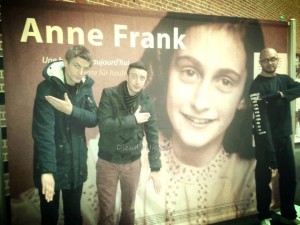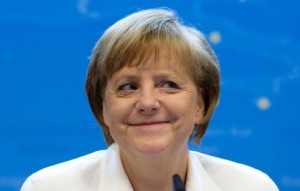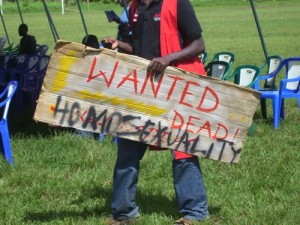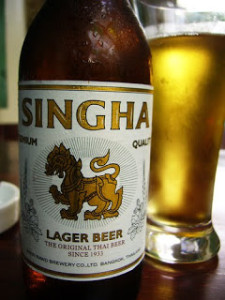 Are there distinguishing characteristics of Americans? To my mind, one of the qualities that fits many of our “American originals” is idiosyncratic creativity – making your own path to success and keeping to it despite obstacles and opposition. Pete Seeger is a great example of holding to your convictions and following through. His mission was to make the world better – end wars, encourage cooperation, promote democracy – through music. Despite personal attacks on him and his beliefs, including being blacklisted, Pete Seeger kept to his mission. He didn’t have a beautiful voice – he would be the first to mention that fact. But his voice had the ring of authenticity and originality, reminiscent in that respect of Jonny Cash, Bob Dylan, or Kris Kristofferson. His songs draw from American history and American circumstances but have resonated well beyond the borders of the U.S. American music has been one of our best, most positive exports, and reminds us of how much music is one of the human achievements that helps draw us all together.
Are there distinguishing characteristics of Americans? To my mind, one of the qualities that fits many of our “American originals” is idiosyncratic creativity – making your own path to success and keeping to it despite obstacles and opposition. Pete Seeger is a great example of holding to your convictions and following through. His mission was to make the world better – end wars, encourage cooperation, promote democracy – through music. Despite personal attacks on him and his beliefs, including being blacklisted, Pete Seeger kept to his mission. He didn’t have a beautiful voice – he would be the first to mention that fact. But his voice had the ring of authenticity and originality, reminiscent in that respect of Jonny Cash, Bob Dylan, or Kris Kristofferson. His songs draw from American history and American circumstances but have resonated well beyond the borders of the U.S. American music has been one of our best, most positive exports, and reminds us of how much music is one of the human achievements that helps draw us all together.
One of the central ways Pete wanted to bring people together was through having them sing together. Any concert he gave inevitably included sing-alongs. He was especially eager to have children sing. Up until his death, he volunteered at a local school to come in and teach and sing with the children. One of my fondest memories of his music are his wonderful animal songs. I remember playing “The Foolish Frog” over and over again for my children. Pete had a serious mission in life but he knew the value and power of humor – something which is evident in a lot of his songs.
Of the many tributes coming in now upon news of his death yesterday, that by Andrew Cohen in The Atlantic seems to me to have struck the right note: “His critics often called Pete Seeger anti-American. I think the opposite was true. I think he loved America so much that he was particularly offended and disappointed when it strayed, as it so often has, from the noble ideals upon which it was founded. I don’t think that feeling, or the protests it engendered, were anti-American. I think they were wholly, unabashedly American.”



